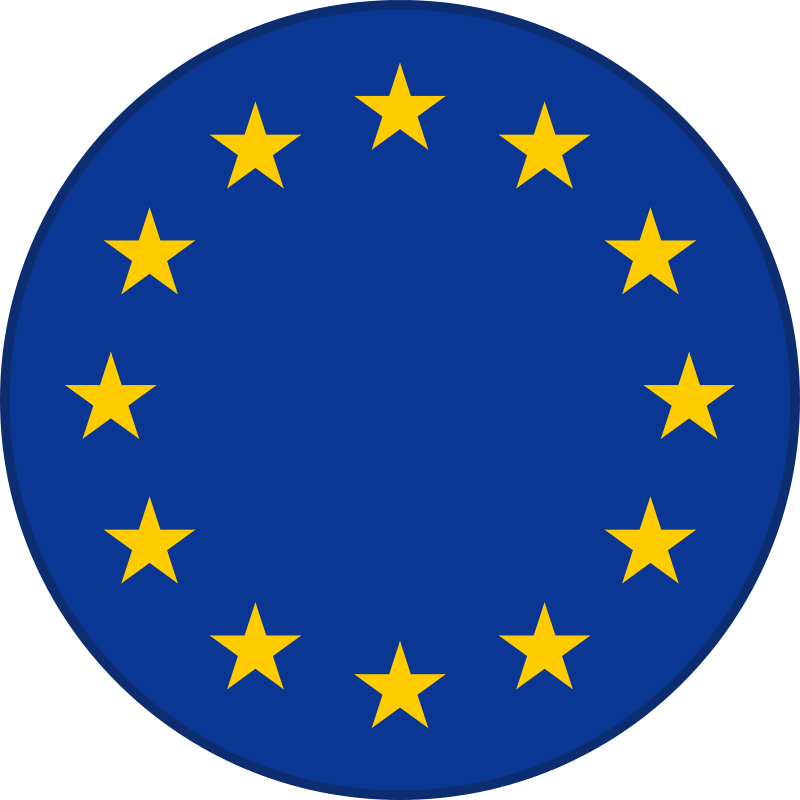
Recitals
THE COUNCIL OF THE EUROPEAN UNION,
Having regard to the Treaty on the Functioning of the European Union, and in particular Article 113 thereof,
Having regard to the proposal from the European Commission,
After transmission of the draft legislative act to the national parliaments,
Having regard to the opinion of the European Parliament [Opinion of 17 December 2019 (not yet published in the Official Journal).],
Having regard to the opinion of the European Economic and Social Committee [OJ C 240, 16.7.2019, p. 33.],
Acting in accordance with a special legislative procedure,
Whereas:
(1) Council Directive 2006/112/EC [Council Directive 2006/112/EC of 28 November 2006 on the common system of value added tax (OJ L 347, 11.12.2006, p. 1).] lays down the general value added tax (VAT) accounting obligations for taxable persons.
(2) The growth of electronic commerce ('e-commerce') facilitates the cross-border sale of goods and services to final consumers in the Member States. In that context, cross-border e-commerce refers to supplies upon which the VAT is due in a Member State, but the supplier is established in another Member State, in a third territory or in a third country. However, fraudulent businesses exploit e-commerce opportunities in order to gain unfair market advantages by evading their VAT obligations. Where the principle of taxation at destination applies, since consumers have no accounting obligations, the Member States of consumption need appropriate tools to detect and control such fraudulent businesses. It is important to combat cross-border VAT fraud caused by the fraudulent behaviour of some businesses in the area of cross-border e-commerce.
